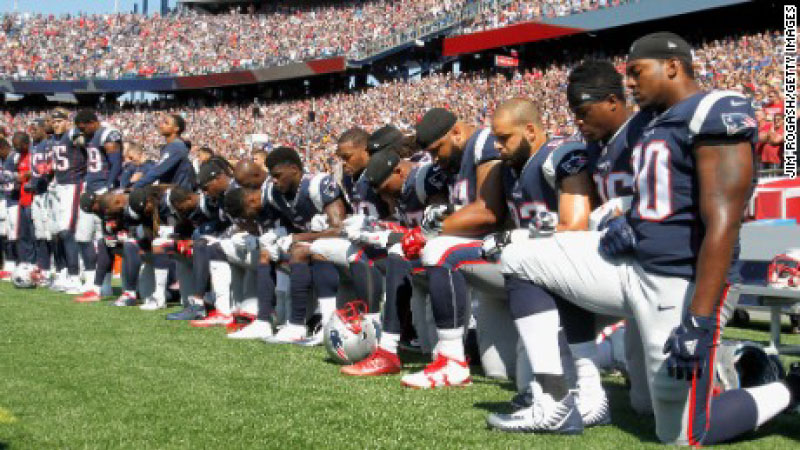
Despite a decade of lawsuits and scandals, the NFL is bigger than ever. I enjoy football as much as anyone. While basketball and soccer have gone global, and baseball fades to second-tier status, football stands alone as the quintessential American sport. The latest NFL imbroglio is the lawsuit by Brian Flores. Flores claims he has been passed over for head coaching opportunities because he is Black. The former Miami Dolphin coach believes he has proof that the NY Giants had already decided to hire another coach before Flores was even interviewed, and that his pending interview was a sham. In a league that is 75% Black or people of color, the NFL has one Black head coach, Mike Tomlin of the Steelers, and one Latino head coach, Ron Rivera of the Washington Commanders. Do I think the Flores lawsuit is going to push fans away from the NFL? No chance, but it brings to light some good questions. Are NFL owners so racist that they would pass on a Black coach who they honestly think will help them win? Does the lack of diversity in the NFL have any applications to corporate America in general?
Last week, I was openly critical on Twitter of a well-known publication that published a list of the most powerful people in residential real estate. I was critical because the list was made up of 95% White people, and I believe it omitted a number of people who should be included. The author of the list responded by saying he was only a messenger, and the problem was not with him but rather the lack of diversity in the c-suites of America’s largest real estate enterprises. While I don’t agree with him entirely, he was not completely wrong.
So, do I think the NFL is racist enough to pass on qualified head coaches? The answer is complex. No, I don’t think NFL owners would avoid hiring someone they thought would help their team win more games simply because they are Black, but I do believe there are implicit biases that would make it more unlikely for a White owner to hire a non-White coach. Jon Gruden is proof of that. In the business world, we talk a lot about company culture. We are taught that our hiring decisions shouldn’t be only based on talent, we should hire people who are a good fit for our company culture and who share our values. I believe that NFL owners don’t only set out to hire the most talented people, they hire people who they believe are a good fit for their organization. Is this racism? I don’t believe it is the “White supremacy” kind of racism that most people think of when they think about racism, but the outcome is pretty much the same.
I think the Flores lawsuit is important because I believe it does have applications in the business world. Some might say that Mike Tomin of the Steelers is proof the NFL does not have an implicit racism problem. That sort of thinking always makes me roll my eyes. Yes, there are exceptions, but I don’t want to see a few Black people and Latinos in leadership roles, I want the barriers, whether they are explicit or implicit, to be minimized as much as possible so that everyone has a fair chance to succeed. All this being said, I am still a football fan. Go Rams!
Some call it selfish; I call it the American way. In this episode, I break down why voting for policies that improve your life isn’t just your right—it’s how the system was designed to work. When we vote our own interests, we build a country that works for everyone.
Michael Jordan wasn’t picked first in the NBA draft—he wasn’t even picked second. Why? The Portland Trail Blazers hired for position, not for talent, and passed on the greatest basketball player of all time. In this episode, I explain why employers make the same mistake, and why the smartest leaders hire the best people they can find—regardless of position.
Politicians on both sides have overreached—ICE raids and the war on DEI have gone too far, and history tells us there will be a rebound. In this episode, I explain why attacks on Latinos may end up uniting us more than ever before, and why the backlash could be a turning point for our community.
